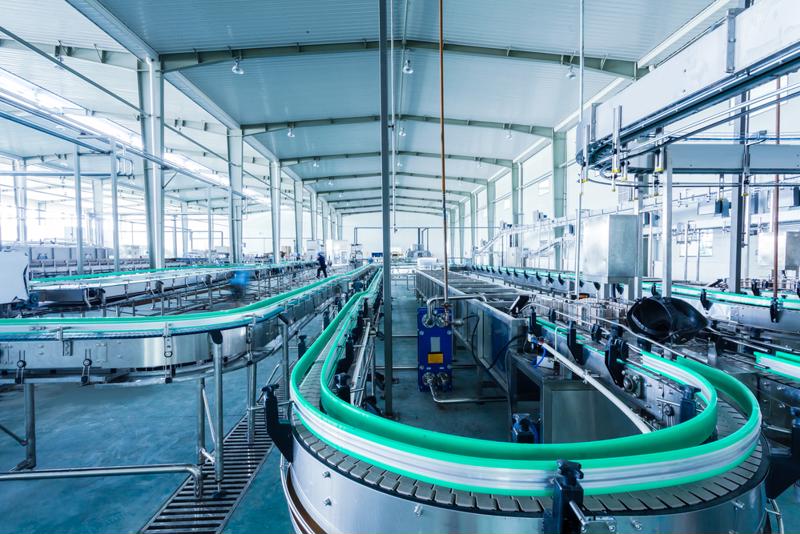19 Aug 5 challenges imposed on small- to medium-sized manufacturers
There are plenty of obstacles small- to medium-sized manufacturers must face today. Technology has made manufacturers more efficient now than ever before, which unfortunately means downtime costs companies even more than it used to.
However, the manufacturing industry is not one to simply lie down and accept this as fact. Instead, this sector continues to succeed through quickly implemented changes. Being adaptable is absolutely necessary to stay competitive and thriving in the industry. That is why it is important to know the challenges ahead, so operational managers and technology officers can be ready for the future.
Here are five challenges small- to medium-sized manufacturers should especially prepare for in future:
1. Equipment maintenance scheduling
For manufacturers, it’s important to stay consistent with scheduled maintenance. Cleaning, fixing, upgrading and other maintenance tasks create downtime sometimes, but they must be done.

If you let equipment go untreated, you run the risk of a much bigger problem, Glantus, a custom-built software firm for management services, reported. For smaller manufacturers, this could be detrimental to the business. This is why it’s important to stay up to date with maintenance – otherwise, you could create mistakes that will directly affect your bottom line.
Even though staying updated on maintenance is challenging, having the tools to monitor your system will prevent additional downtime.
2. Limit spending
One of the biggest hurdles for manufacturers is staying cost-efficient throughout their operation. Unlike larger manufacturers, small- and medium-sized companies typically don’t have the luxury to invest in high-end manufacturing execution systems. Instead, smaller businesses have to be cost-effective with their investments to ensure there will be a good return on investment.
3. Obtaining trained and skilled workers
For manufacturers, it can be challenging finding workers who know how to operate information technology systems and repair expensive machinery. When manufacturers adopt MES into their business, the need for a highly-talented IT department is great. According to a report from National Instruments, a few seconds of downtime in the IT infrastructure can relate to serious issues.
“When dealing with precision machines that can fail if timing is off by a millisecond, adhering to strict requirements becomes pivotal to the health and safety of the machine operators, the machines and the business,” the firm stated.
However, moving to a robust MES-in-the-cloud solution limits the risk of needing internal IT workers since maintenance reports and IT updates are performed remotely, and often by a third-party provider. This will help you keep your costs low and drive efficiency throughout your manufacturing facility without compromising quality.
“Through cloud-based MES, manufacturers have end-to-end service that ensures software is carefully integrated.”
4. Adopting big data management practices
Every manufacturing facility consists of a large amount of data, which can be overwhelming for some operators. Tom Bonine, president of National Metal Fabricators and contributing writer to Manufacturing.net, said if companies want to make more sense of all this data and use it effectively, data management must be a priority.
Controlling large amounts of data all at once can be distressing for smaller manufacturers at first. However, this data plays a critical role in remaining cost-effective and competitive. Using MES in the cloud provides manufacturers with a big data management solution by enabling them to team up with a trusted professional.
5. Using data in real time
Not only should manufacturers adopt big data management, but operators also need a MES that responds in real time. That’s why working in the cloud with Atachi Systems is beneficial to your IT integration. Through cloud-based MES, manufacturers have end-to-end service that ensures software is carefully integrated. Additionally, Atachi professionals will help consult and educate workers so real-time data can be used in the best way possible.
